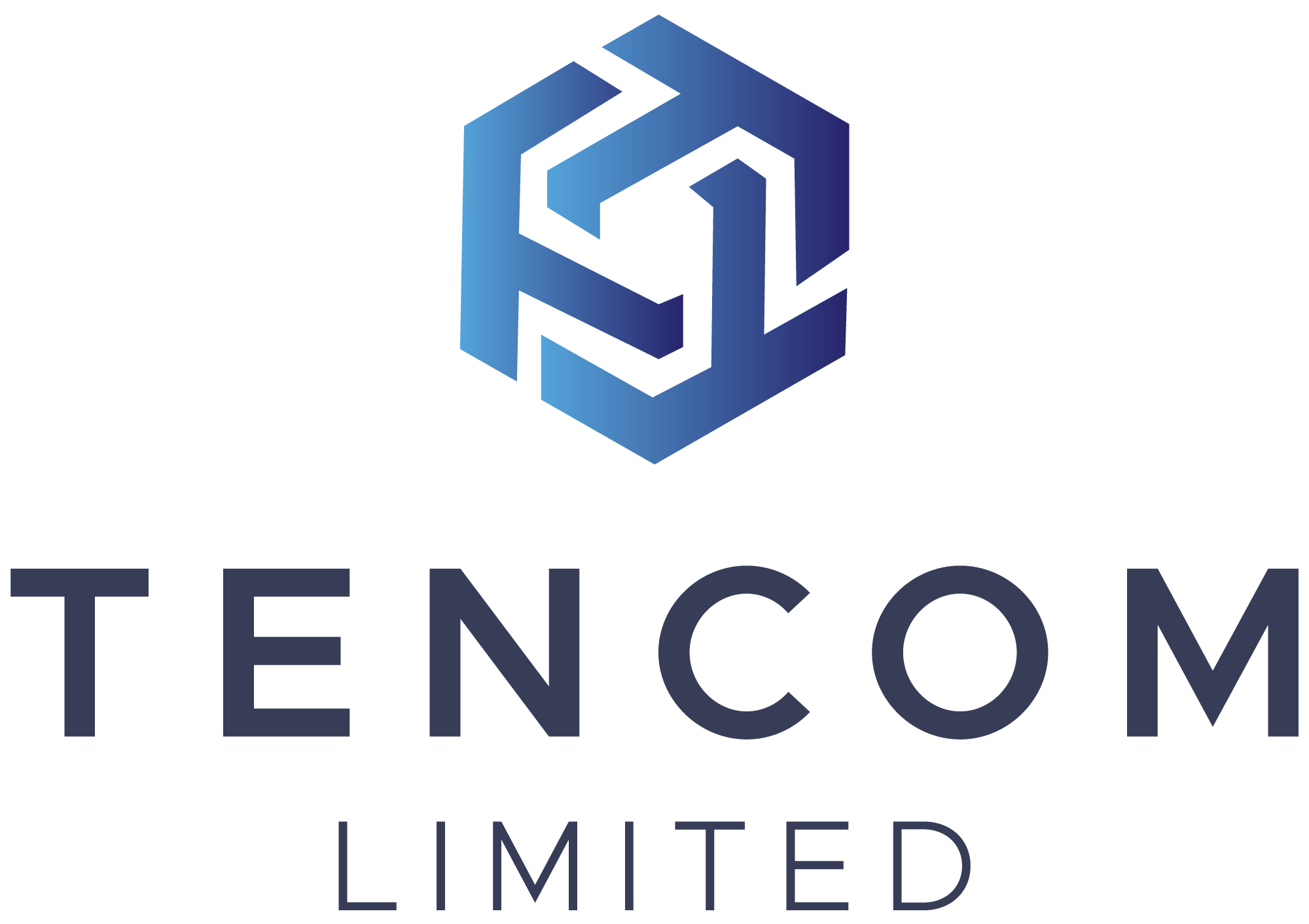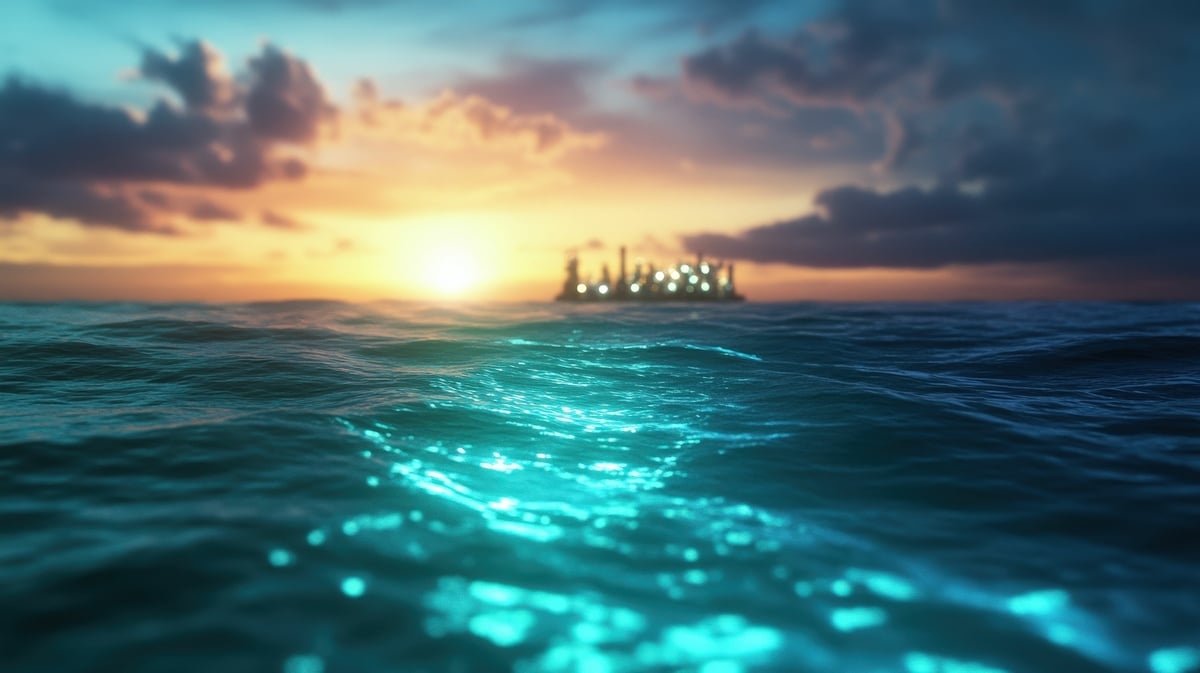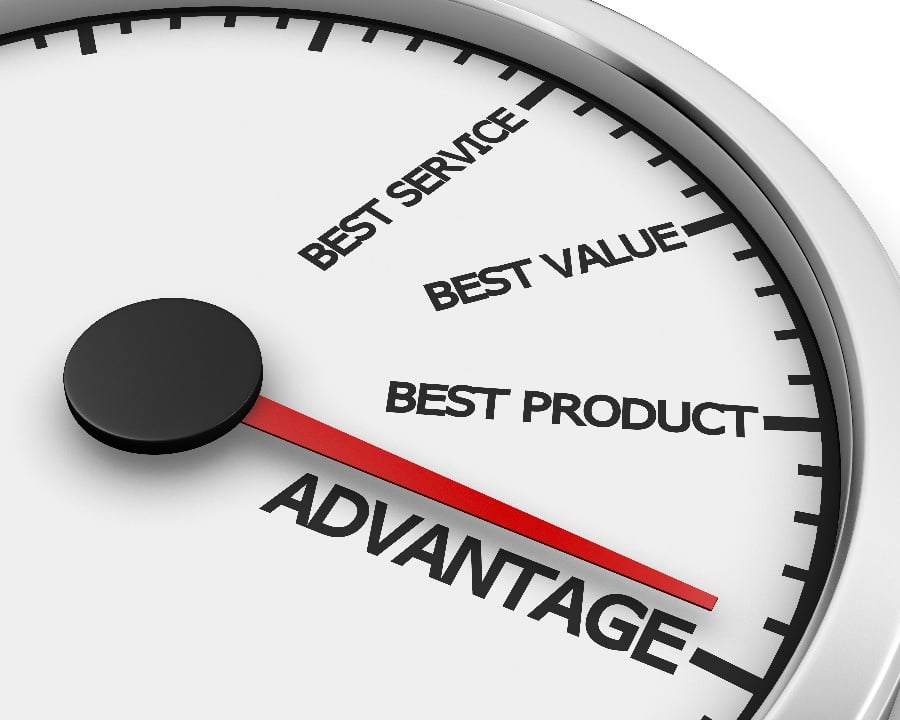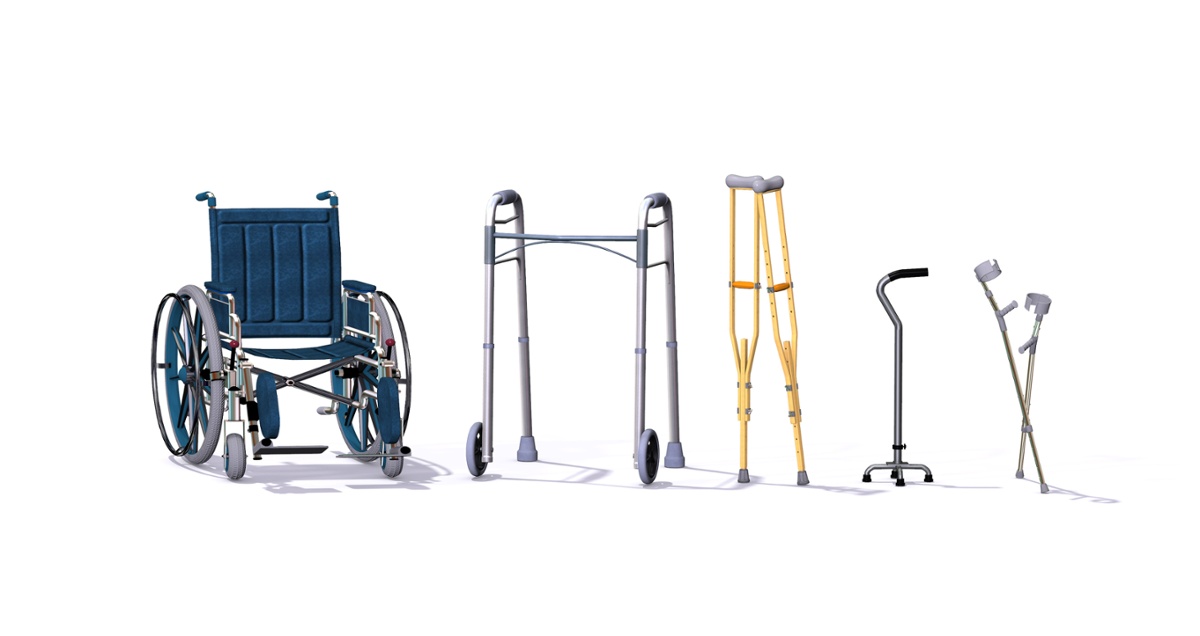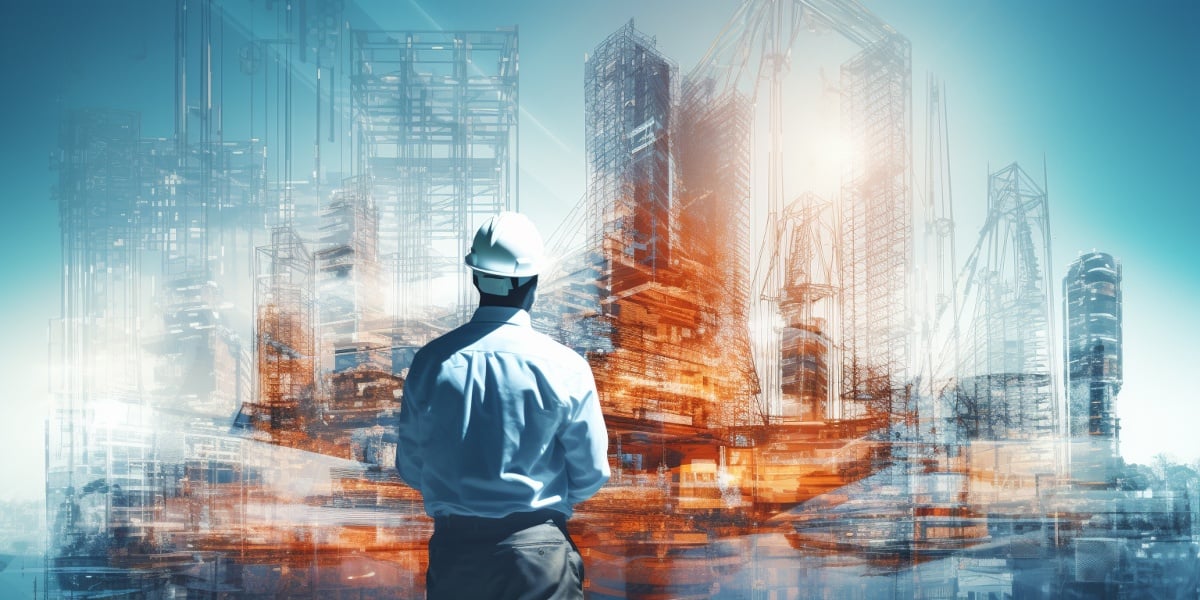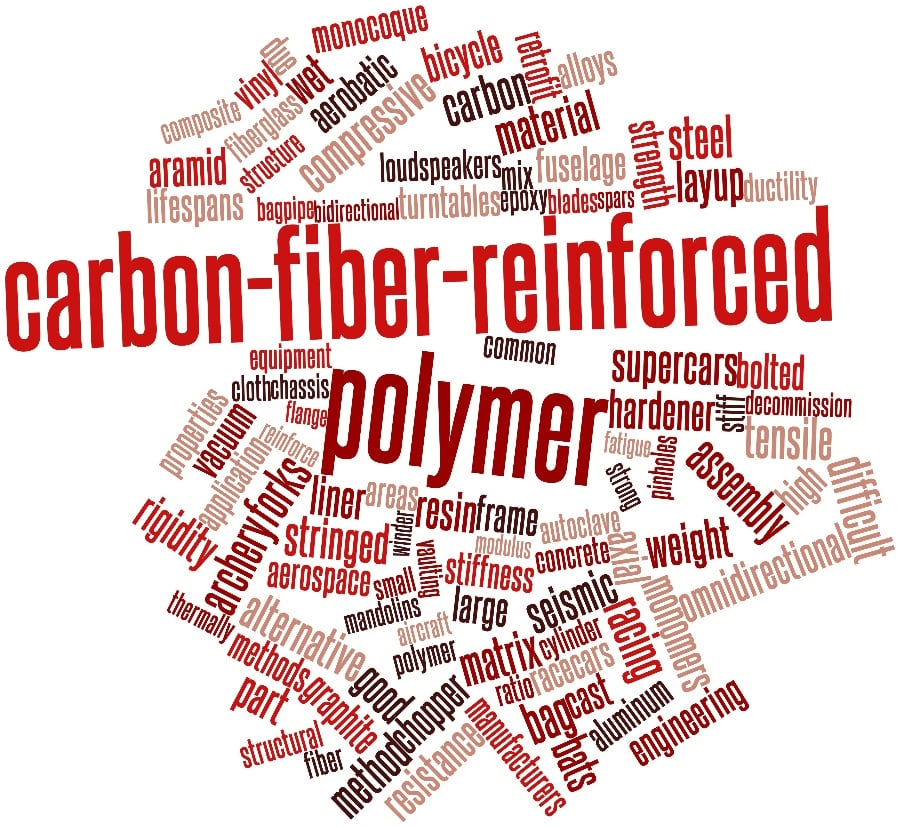
Marine environments are among the harshest settings for materials, with constant exposure to saltwater, humidity, and extreme weather. Corrosion, the gradual deterioration of materials due to chemical reactions, poses a significant challenge for structures and equipment in these conditions. Pultruded fiberglass, known for its exceptional corrosion resistance, has emerged as a superior alternative to traditional materials like steel and wood in marine applications.
Below, we explore why corrosion resistance is critical for marine projects and how pultruded fiberglass delivers unmatched performance.
The Challenge of Corrosion in Marine Environments
Saltwater is highly corrosive, accelerating the degradation of metals like steel and aluminum through rust and galvanic corrosion. Wood, while initially resistant, succumbs to rot, mold, and marine borers over time. These effects lead to:
- Structural Failures: Corroded components, such as dock pilings or boat supports, lose strength, risking collapse or safety hazards.
- Frequent Maintenance: Traditional materials require regular inspections, coatings, or replacements, increasing costs and downtime.
- Environmental Impact: Corrosion-related failures can release pollutants, such as rust particles or chemical coatings, into marine ecosystems.
For marine applications—ranging from docks and piers to boat components and offshore platforms—choosing a corrosion-resistant material is essential to ensure longevity, safety, and cost efficiency.
Why Pultruded Fiberglass Excels in Corrosion Resistance
Pultruded fiberglass, produced by pulling fiberglass reinforcements through a resin bath and a heated die, creates strong, lightweight profiles that are inherently resistant to corrosion. Unlike metals or wood, pultruded fiberglass offers several key advantages in marine environments.
1. Inert to Saltwater and Chemicals
The resin matrix in pultruded fiberglass, typically polyester or vinyl ester, is non-reactive to saltwater, acids, and other chemicals found in marine settings. This inertness prevents:
- Rust and Oxidation: Unlike steel, fiberglass does not rust, even after prolonged exposure to saltwater.
- Chemical Degradation: Fiberglass resists breakdown in the presence of fuel, oils, or cleaning agents commonly used in marine operations.
This makes pultruded fiberglass ideal for components like pilings, fender systems, and decking that face constant submersion or splashing.
2. Long-Term Durability with Minimal Maintenance
Corrosion resistance translates to exceptional durability, allowing pultruded fiberglass to withstand decades of marine exposure with minimal upkeep. Unlike steel, which requires frequent painting or cathodic protection, or wood, which needs sealing and pest treatments, fiberglass:
- Retains Structural Integrity: Maintains strength and stiffness over time, ensuring reliable performance in load-bearing applications like piers or walkways.
- Reduces Maintenance Costs: Requires only occasional cleaning with mild soap and water to remove marine growth, saving time and resources.
This durability makes pultruded fiberglass a cost-effective choice for marine projects with long lifespans.
3. Non-Porous and Resistant to Marine Organisms
Pultruded fiberglass has a smooth, non-porous surface that resists biofouling—the buildup of algae, barnacles, and other marine organisms. This property:
- Prevents Degradation: Unlike wood, which is vulnerable to marine borers, fiberglass is impervious to biological attack.
- Simplifies Cleaning: Marine growth can be easily removed without damaging the material, maintaining aesthetics and performance.
This resistance enhances the longevity of components like boat masts, railings, or offshore platform supports.
Applications of Pultruded Fiberglass in Marine Environments
The corrosion-resistant properties of pultruded fiberglass make it a preferred material for a wide range of marine applications, including:
- Docks and Piers: Fiberglass pilings, decking, and railings withstand constant saltwater exposure without corroding, ensuring safe and durable waterfront structures.
- Boat Components: Masts, hull supports, and deck reinforcements benefit from fiberglass’s lightweight and corrosion-resistant nature, improving fuel efficiency and longevity.
- Offshore Platforms: Grating, ladders, and structural profiles resist corrosion in harsh offshore conditions, enhancing safety and reducing maintenance.
- Seawalls and Bulkheads: Fiberglass panels and supports provide long-lasting protection against erosion and tidal forces, outperforming steel or concrete.
These applications demonstrate how pultruded fiberglass meets the unique demands of marine environments, delivering reliable performance where traditional materials fall short.
Benefits Beyond Corrosion Resistance
While corrosion resistance is the primary advantage in marine applications, pultruded fiberglass offers additional benefits:
- Lightweight: Weighs 50-75% less than steel, simplifying transportation, installation, and reducing structural loads on marine platforms.
- Non-Conductive: Ideal for electrical safety in marine settings, such as near power lines or navigation equipment.
- Customizable: Available in various profiles (e.g., beams, tubes, or grating) and resin formulations to meet specific project needs, such as UV resistance or fire retardancy.
These properties make pultruded fiberglass a versatile solution for marine projects, combining practicality with performance.
Why Corrosion Resistance Matters for Your Marine Project
Choosing a corrosion-resistant material like pultruded fiberglass for marine applications offers significant advantages:
- Enhanced Safety: Durable, non-corroding components reduce the risk of structural failures, protecting workers, users, and marine ecosystems.
- Cost Savings: Long lifespans and minimal maintenance lower lifecycle costs compared to steel or wood, which require frequent repairs or replacements.
- Sustainability: Fiberglass’s resistance to degradation reduces the need for resource-intensive maintenance, aligning with eco-friendly project goals.
By prioritizing corrosion resistance, you ensure your marine project remains functional, safe, and cost-effective for years to come.
Conclusion
In marine environments, where saltwater and harsh conditions threaten material integrity, corrosion resistance is non-negotiable. Pultruded fiberglass stands out as a reliable, low-maintenance, and durable solution that outperforms traditional materials like steel and wood. From docks to offshore platforms, its ability to resist rust, chemicals, and biofouling makes it the material of choice for marine applications.
